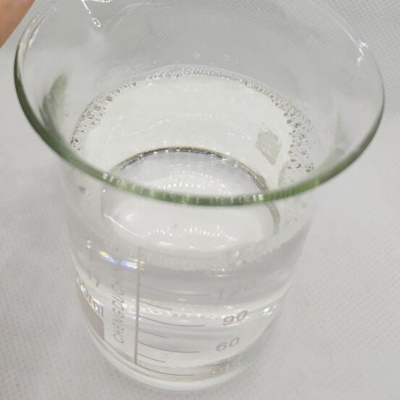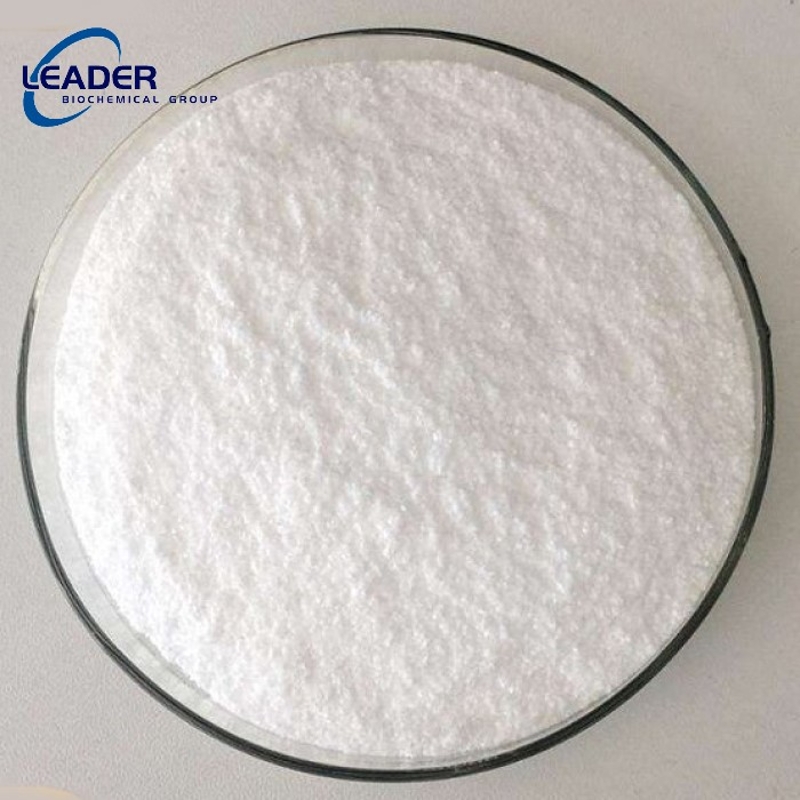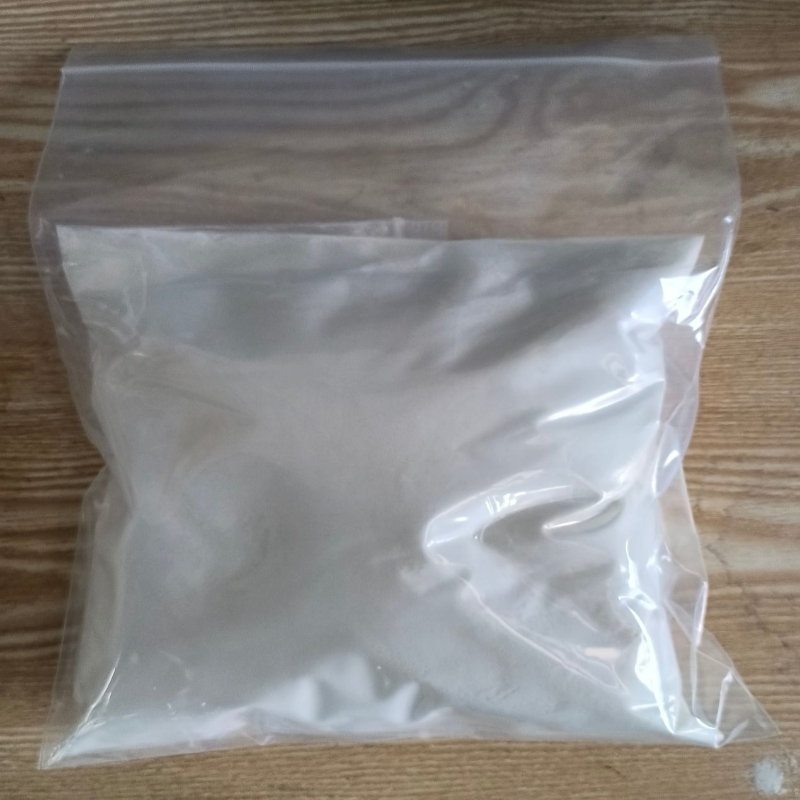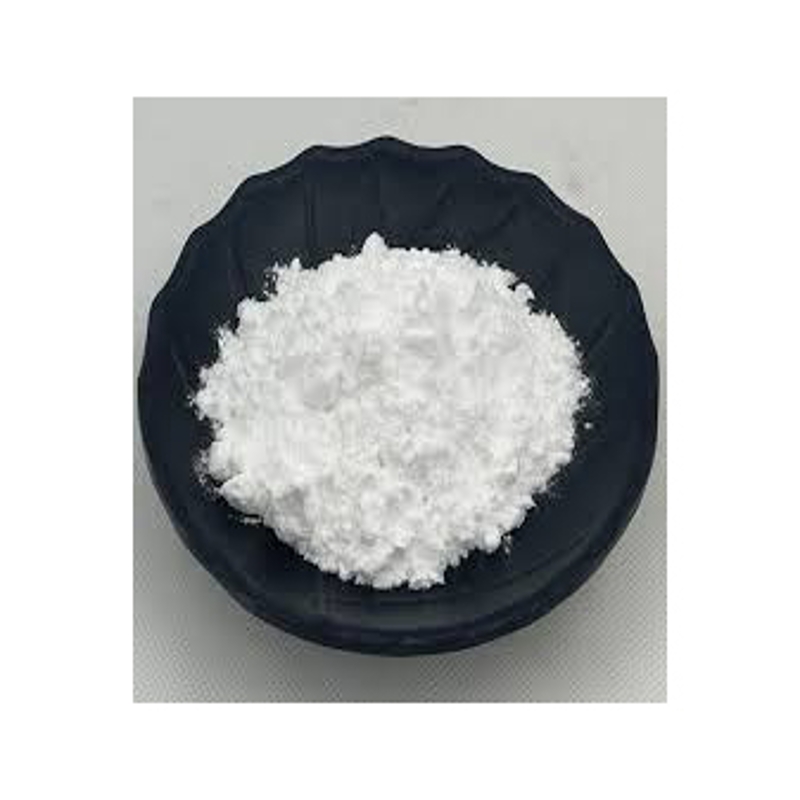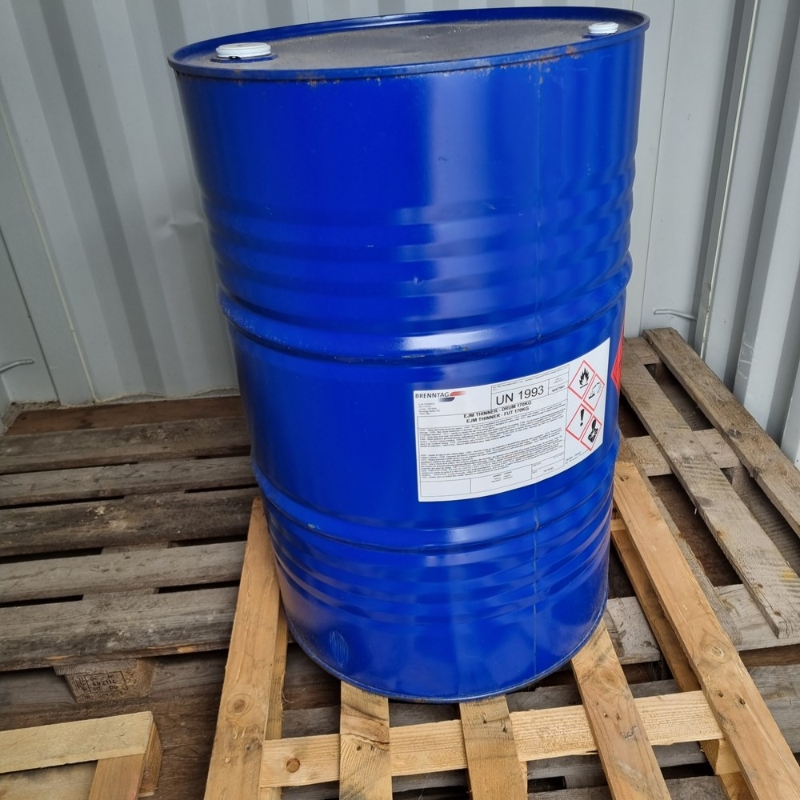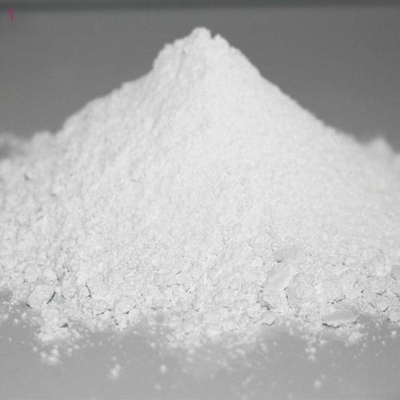Cosmetic Ingredient
- • Abrasive (124)
- • Absorbent (84)
- • Anticaking (66)
- • Anticorrosive (25)
- • Antifoaming (19)
- • Antimicrobials (290)
- • Antioxidant Ingredient (393)
- • Antiperspirant (20)
- • Antiplaque (48)
- • Anti-seborrheic (38)
- • Anti-sebum (39)
- • Antistatic (458)
- • Astringent (162)
- • Binding Agent (172)
- • Bleaching Agent (53)
- • Buffering (191)
- • Bulking (109)
- • Chelating (122)
- • Cleansing (679)
- • Cosmetic Colorant (212)
- • Cosmetic Preservative (158)
- • Denaturant (45)
- • Deodorant (98)
- • Depilatory (27)
- • Dissolving Agent (298)
- • Emollient (795)
- • Emulsifying Agent (480)
- • Emulsion Stabilising (154)
- • Exfoliating (19)
- • Film Forming (299)
- • Flavouring (72)
- • Foam Boosting (161)
- • Foaming (101)
- • Fragrance Ingredient (726)
- • Gel Forming (19)
- • Hair Conditioning (670)
- • Hair Dyeing (363)
- • Hair Fixing (36)
- • Hair Waving or Straightening (45)
- • Humectant (282)
- • Hydrotrope (92)
- • Keratolytic (20)
- • Light Stabilizer (80)
- • Moisturising Agent (50)
- • Nail Conditioning (42)
- • Occlusive (20)
- • Opacifying (119)
- • Oral Care (123)
- • Oxidising (19)
- • Perfuming (2105)
- • Plasticiser (98)
- • Propellant (19)
- • Reducing (50)
- • Refatting (12)
- • Refreshing (26)
- • Skin Cleansing (388)
- • Skin Conditioning (1751)
- • Skin Humectant (21)
- • Skin Protecting (282)
- • Smoothing (31)
- • Soothing (71)
- • Tonics (155)
- • UV Filter (34)
- • Viscosity Controlling (532)
Chemicals as Skincare Ingredients
Related News
-
Shell Considers Partnering with the U.S. and Closing European Chemical Assets
2025-03-26 -
Price Surge Alert as Major Suppliers Increase Barium Sulfate Costs by 200 Yuan per Ton
2025-03-20 -
Quaker Houghton Acquires Dipsol Chemicals, Strengthening Advanced Solutions Portfolio
2025-03-27 -
AstraZeneca to Invest $2.5 Billion to Establish Global Drug R&D Center in Beijing
2025-03-25 -
Saudi Aramco CEO: Invest in downstream projects in China's energy, chemical and other fields
2025-03-28 -
Dow's Silicones Downstream Expansion Project in Zhangjiagang Launches and Drives Market Innovation
2025-03-21
Sort Viscosity Controlling Alphabetically
Viscosity Controlling
Dodecyldimethylamine oxide
(1643-20-5)-
Cosmetics Grade / 30%
$1.2-1.56/MT FOB
-
Industrial Grade / 99%
-
Industrial Grade / 30%
-
- / 0.00%
Request for quotation , get quotes from more suppliers.
Dimethyl isosorbide
(5306-85-4)-
Cosmetics Grade / 99.99%
$20-25/KG FOB
-
Cosmetics Grade / 99%
-
Industrial Grade / 99%
-
Request for quotation , get quotes from more suppliers.
Dodecanamide
(1120-16-7)-
Industrial Grade / 99%
-
Pharmacy Grade / 99%
-
![Dodecanamide buy Dodecanamide]()
Industrial Grade / 99.0%
-
![Dodecanamide buy Dodecanamide]()
Industrial Grade / 99%
Request for quotation , get quotes from more suppliers.
-
- / 98%
-
Pharmacy Grade / 99%
-
![1,3:2,4-Dibenzylidene sorbitol buy 1,3:2,4-Dibenzylidene sorbitol]()
Industrial Grade / 99.00%
-
![1,3:2,4-Dibenzylidene sorbitol buy 1,3:2,4-Dibenzylidene sorbitol]()
Request for quotation , get quotes from more suppliers.
Dynafos
(10103-46-5)3
(PO
4
),] is a white insoluble powder and is the main constituent of bones. Calcium phosphate occurs naturally as rock phosphate in the mineral apatite Ca
5
(PO
4
)
3
,which contains OH
-
, F
-
and Cl
-
ions to a small extent.
Calcium ions and hydrogen phosphate ions react in the presence of an alkali to produce calcium phosphate.
Calcium phosphate is used extensively as a fertilizer. Dicalci
-
- / 99%
-
-
industrial Grade / 98%
-
![Calcium phosphate buy Calcium phosphate]()
Industrial Grade / 99%
Request for quotation , get quotes from more suppliers.
Dextran sulfate sodium
(9011-18-1)Dextran sulfate is a polyanionic derivative of dextran produced by esterification of Dextran with chlorosulphonic acid. The sulfur content is approximately 17% which corresponds to an average of 1.9 sulfate groups per glucosyl residue of the dextran molecule. Dextran sulfate sodium (DSS) is the sodium salt which is a white to off-white powder freely soluble in water and salt solutions to form a stable, clear solution. The high purity and reproducible quality enables its application in ph
-
Industrial Grade / 99%
$100-110/KG FOB
-
-
- / 0.00%
-
- / 99.00%
Request for quotation , get quotes from more suppliers.
Dibutylene tetrafurfural
(126-15-8)-
![MGK 11 buy MGK 11]()
Industrial Grade / 99.0%
-
![4a(4H)-Dibenzofurancarboxaldehyde,1,5a,6,9,9a,9b-hexahydro- buy 4a(4H)-Dibenzofurancarboxaldehyde,1,5a,6,9,9a,9b-hexahydro-]()
-
![4a(4H)-Dibenzofurancarboxaldehyde,1,5a,6,9,9a,9b-hexahydro- buy 4a(4H)-Dibenzofurancarboxaldehyde,1,5a,6,9,9a,9b-hexahydro-]()
Industrial Grade / 99%
-
![4,5a,6,9,9a,9b-hexahydro-1H-dibenzofuran-4a-carbaldehyde buy 4,5a,6,9,9a,9b-hexahydro-1H-dibenzofuran-4a-carbaldehyde]()
Request for quotation , get quotes from more suppliers.
-
Pharmacy Grade / 99%
-
Pharmacy Grade / 99%
-
![disodium 1-[2-(carboxymethoxy)ethyl]-1-(carboxymethyl)-4,5-dihydro-2-undecyl-1H-imidazolium hydroxide buy disodium 1-[2-(carboxymethoxy)ethyl]-1-(carboxymethyl)-4,5-dihydro-2-undecyl-1H-imidazolium hydroxide]()
Industrial Grade / 99.0%
-
![disodium 1-[2-(carboxymethoxy)ethyl]-1-(carboxymethyl)-4,5-dihydro-2-undecyl-1H-imidazolium hydroxide buy disodium 1-[2-(carboxymethoxy)ethyl]-1-(carboxymethyl)-4,5-dihydro-2-undecyl-1H-imidazolium hydroxide]()
Request for quotation , get quotes from more suppliers.
-
Chemical Grade / 99%
$22-25/KG FOB
-
Industrial Grade / 100%
-
Pharmacy Grade / 99%
$3800-4000/MT FOB
-
![SODIUM TRIMETHYLPENTENE/MA COPOLYMER buy SODIUM TRIMETHYLPENTENE/MA COPOLYMER]()
IndustrialGrade / 99.00%
DiACID 1550
(53980-88-4)-
Industrial Grade / 82%
-
![5(or 6)-carboxy-4-hexylcyclohex-2-ene-1-octanoic acid buy 5(or 6)-carboxy-4-hexylcyclohex-2-ene-1-octanoic acid]()
Industrial Grade / 99%
-
![5(or 6)-carboxy-4-hexylcyclohex-2-ene-1-octanoic acid buy 5(or 6)-carboxy-4-hexylcyclohex-2-ene-1-octanoic acid]()
-
![5(or 6)-carboxy-4-hexylcyclohex-2-ene-1-octanoic acid buy 5(or 6)-carboxy-4-hexylcyclohex-2-ene-1-octanoic acid]()
Request for quotation , get quotes from more suppliers.
Source Viscosity Controlling Raw Materials by Region
More Information
Viscosity refers to a product's thickness and its resistance to deformation when force is applied, influencing how it flows and feels upon application.
In cosmetics, maintaining optimal viscosity is essential for product stability. For instance, if an emulsion is too thin, there's a risk of phase separation between oil and water components, leading to an unstable formulation that requires constant agitation or becomes ineffective over time. Similarly, in products containing suspended particles like color cosmetics or mineral sunscreens, inadequate viscosity can cause the particles to settle, resulting in formulation instability.
Main factors in viscosity controlling:
•Selection of rheology modifiers
•Concentration of thickeners or thinners
•Temperature effects
•Shear rate and shear stress
•pH of the formulation








